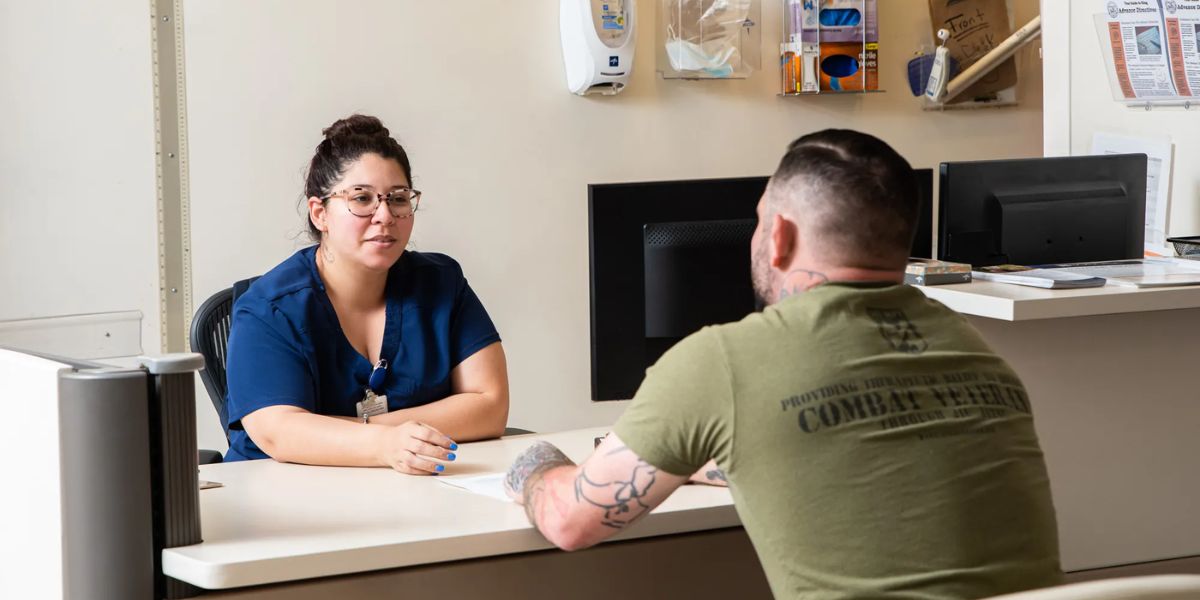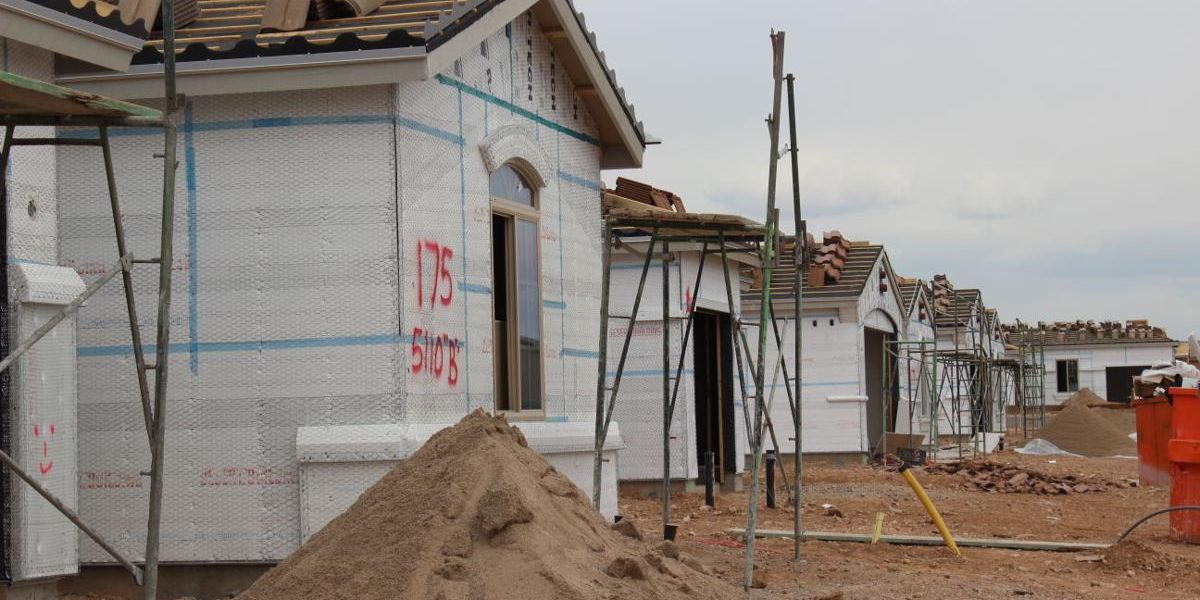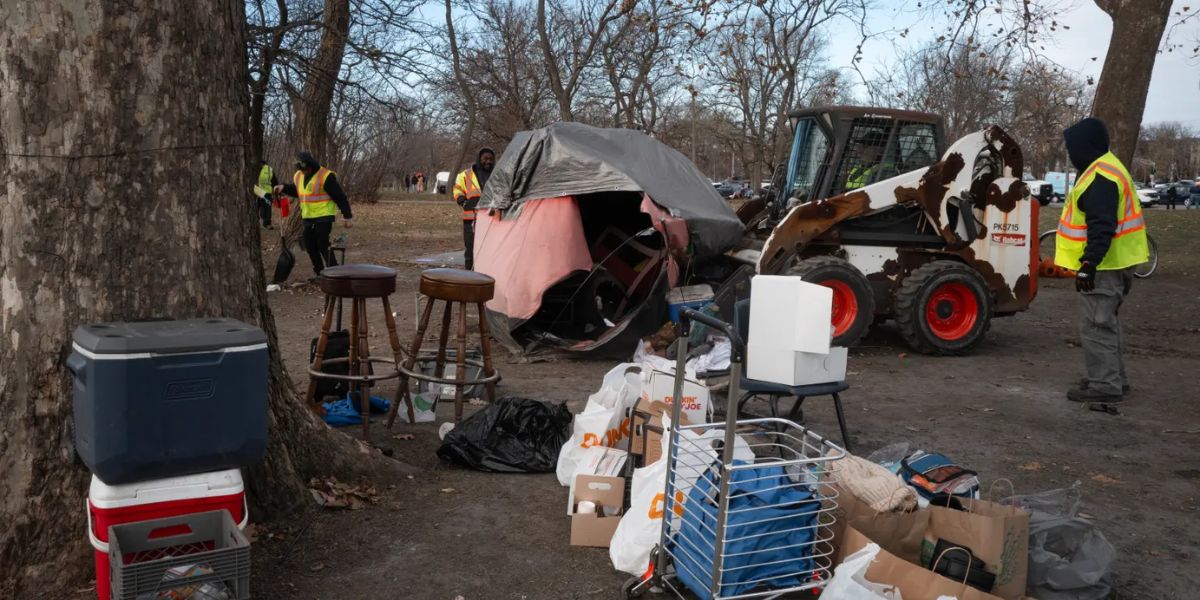Columbus, OH – Ohio lawmakers have approved a bill that may enable police and jail officials to impose charges of up to $75 per hour for copies of body cameras, dashboard cameras, and jail surveillance footage.
Ohio’s GOP-controlled Legislature introduced and passed an amendment to the state’s “sunshine laws” in the early hours of Thursday morning.
The proposed legislation is now on its way to Governor Mike DeWine for his approval, sparking a heated discussion regarding transparency in government and the accessibility of public records.
Supporters of openness and free speech expressed surprise at the legislation, claiming it could greatly restrict public access to important documents.
The proposal would allow state and local law enforcement agencies to charge a fee for public records that are usually available at minimal or no cost.
Agencies can continue to offer these records at no cost, but they may impose a fee of up to $75 per hour for the compilation and production of footage, with a maximum charge of $750 for each request.
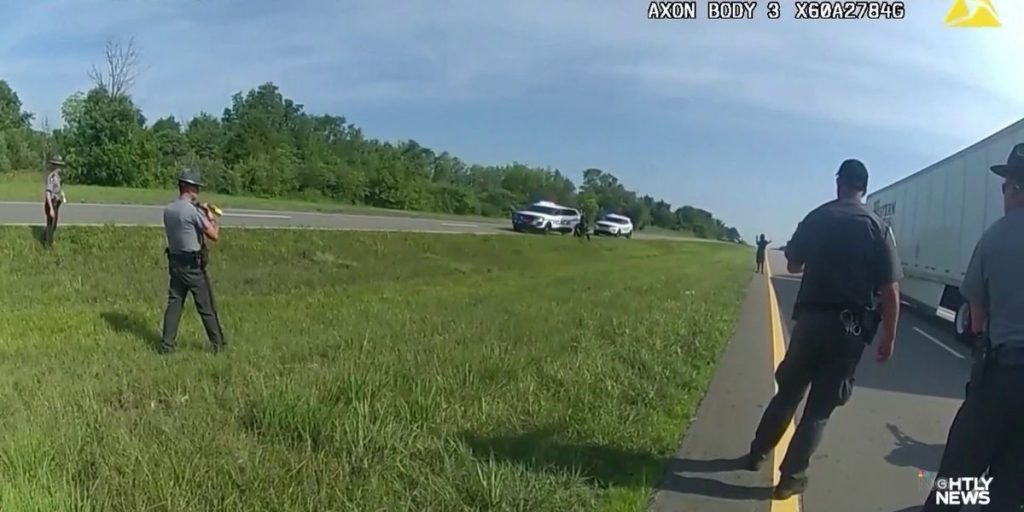
The proposed legislation allows each agency to determine its own fees, leading to worries that these costs could become too high, particularly for journalists, watchdog organizations, and individuals aiming to monitor police actions.
The expenses may become particularly burdensome when multiple officers or agencies are involved, resulting in possible major delays or limitations in accessing public records.
Critics caution that the new fees may hinder transparency, especially for those monitoring criminal justice, including journalists and media outlets aiming to cover policing practices.
State Attorney General Dave Yost described the bill as an effective method for addressing what he referred to as a costly and labor-intensive process. He highlighted the increasing requests for public records from social media influencers and YouTube creators, which is putting pressure on law enforcement resources.
He contended that the legislation would stop taxpayers from “subsidizing” the demands of people looking for footage for personal or commercial purposes.
If enacted, the legislation would contest a longstanding state court decision permitting public agencies to charge solely for the actual expenses incurred in producing records, including costs for materials like paper or storage devices such as flash drives. The measure is now on its way to the governor’s office, sparking ongoing debate about how it could affect public access to important government footage.

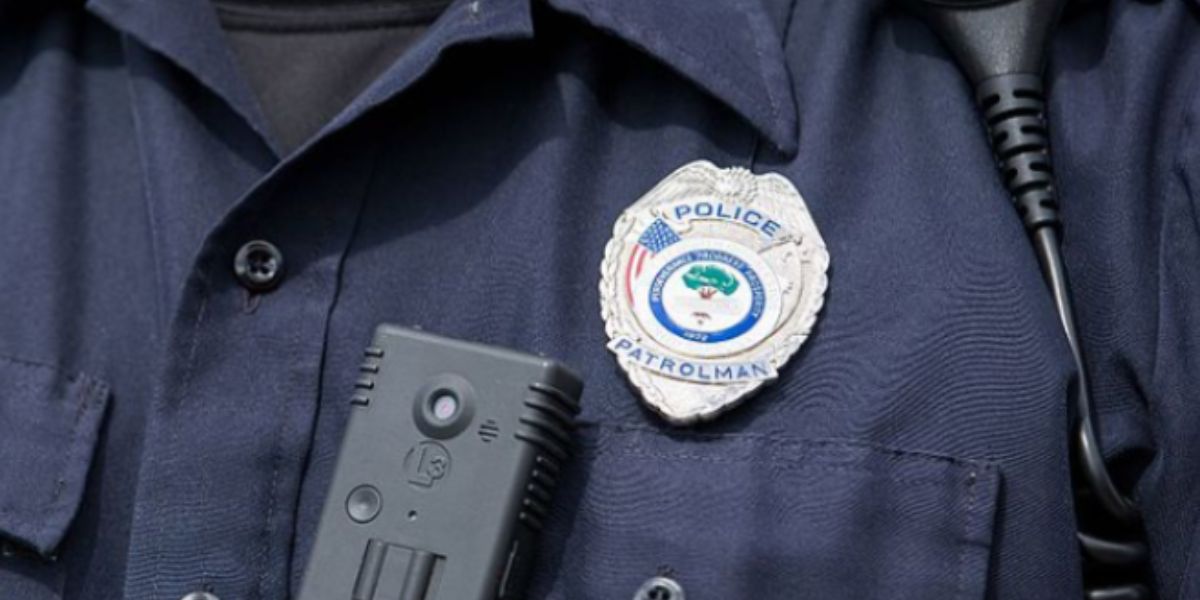
 by
by 